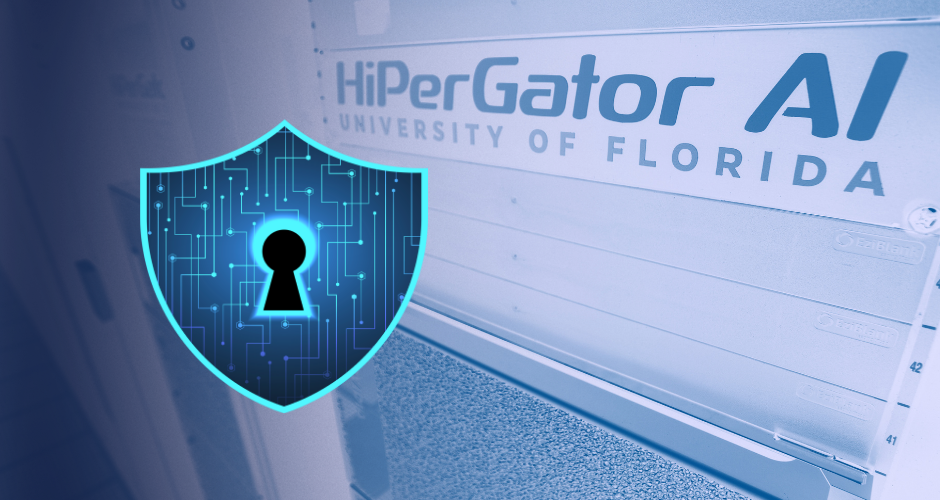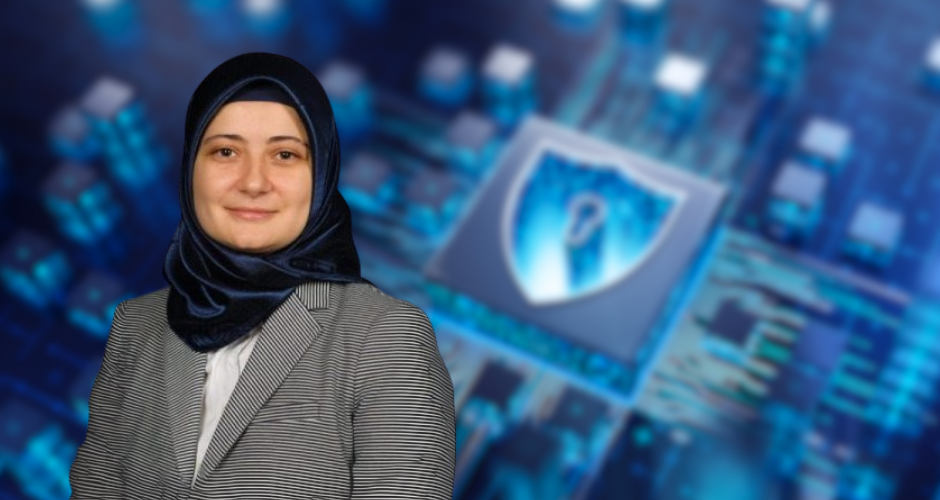Security Flaws in Portable Genetic Sequencers Risk Leaking Private DNA Data (UF News)

UF researchers Christina Boucher and Sara Rampazzi uncovered critical security flaws in portable DNA sequencers, prompting global updates to safeguard genetic data.
UF Leads the Way in Protecting Research Data From Cyber Threats (UF News)

UF is at the forefront of securing research information, with its supercomputer HiPerGator setting the standard for data protection. Supported by NSF funding, UF is advancing efforts to safeguard sensitive data and elevate the impact of regulated research.
Yavuz Receives Prestigious DARPA Young Faculty Award (UF ECE)

UF researcher Tuba Yavuz is addressing cybersecurity threats using a technique called “fuzzing.” Her project, Constraint-Guided Local Fuzzing of Binaries, received $1 million in funding through the prestigious Defense Advanced Research Projects Agency (DARPA) Young Faculty Award program.
Researchers Warn of Rise in AI-Created Non-Consensual Explicit Images
UF researchers, with funding from the NSF, have led a study investigating a growing class of tools that allow users to generate realistic nude images from uploaded photos.
University of Florida Professor Explores Ways To Defend Against Deepfakes and Digital Scams
In this week’s Tech Tuesday, UF Innovate’s host Bethany Gaffey meets Dr. Patrick Traynor, a professor in the Computer and Information Science and Engineering (CISE) department at the University of Florida.
United Nations Ratifies UF-Created Framework To Protect People on Cash Apps
UF researcher Kevin Butler developed the framework, which spells out guidance for countries to prevent fraud and abuse on mobile cash apps.
Sounding the Alarm: UF Cybersecurity Expert Exposes Audio Deepfake
Audio deepfakes are becoming ubiquitous – blurring the line between fact and fiction – but UF researchers are working to develop methods to help the public navigate this new technological terrain.
Underwater Data Centers Are the Future. But a Speaker System Could Cripple Them.
A new study from a group of cybersecurity and robotics researchers at the University of Florida and the University of Electro-Communications in Japan reveals for the first time a critical vulnerability of underwater data centers: sound. Carried by dense water, and targeting the resonant frequencies of hard drives, sound injection attacks can make servers unresponsive and crash networks. After just a few minutes, some hard drives are even permanently destroyed. However, the scientists also developed a machine learning algorithm that can accurately identify sound attacks, allowing the system to respond before it crashes.
The One Big Threat When It Comes to Cyber-Security Has Nothing To Do With Software
Though malicious software gets most of the attention when it comes to computer security, the biggest cyber-security threat right now is a hardware problem, says Mark Tehranipoor, director of the Florida Institute for Cybersecurity Research (FICS).
Forte & Maghari Patent “Universal Testing Technique” To Detect Counterfeit Chips
An article recently published in the Academic Times profiled exciting new technology patented by researchers at the Florida Institute for Cybersecurity (FICS) Research which promises a new way to detect recycled (previously used) and counterfeit electronic parts, especially chips.
